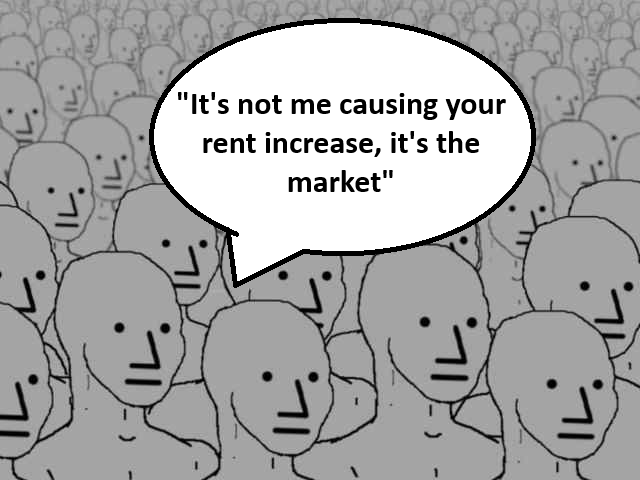

“1 in 10 people believe they are not at risk when using illicit sources to watch TV, film or sports.”
ONE in ten? Man, they’re even bad at cherry picking statistics 😂
They even cite a study with only 1,000 participants for their statistic that “32% OF PEOPLE HAVE BEEN VICTIMS OF FRAUD”
In the title, at least. The body of that claim’s card says that it’s the people, or someone they know that have been victims of fraud.
Gosh, I hate dishonest scare marketing campaigns.









Yeah, I didn’t notice right away, but even after I did, I still think it gets the point across pretty clearly.
I’d probably want it to be human-drawn if it was going to be, for instance, posted up physically outside somewhere, but for something some random person on the internet can do to get a point across, I’d say it’s pretty valid for what it is.